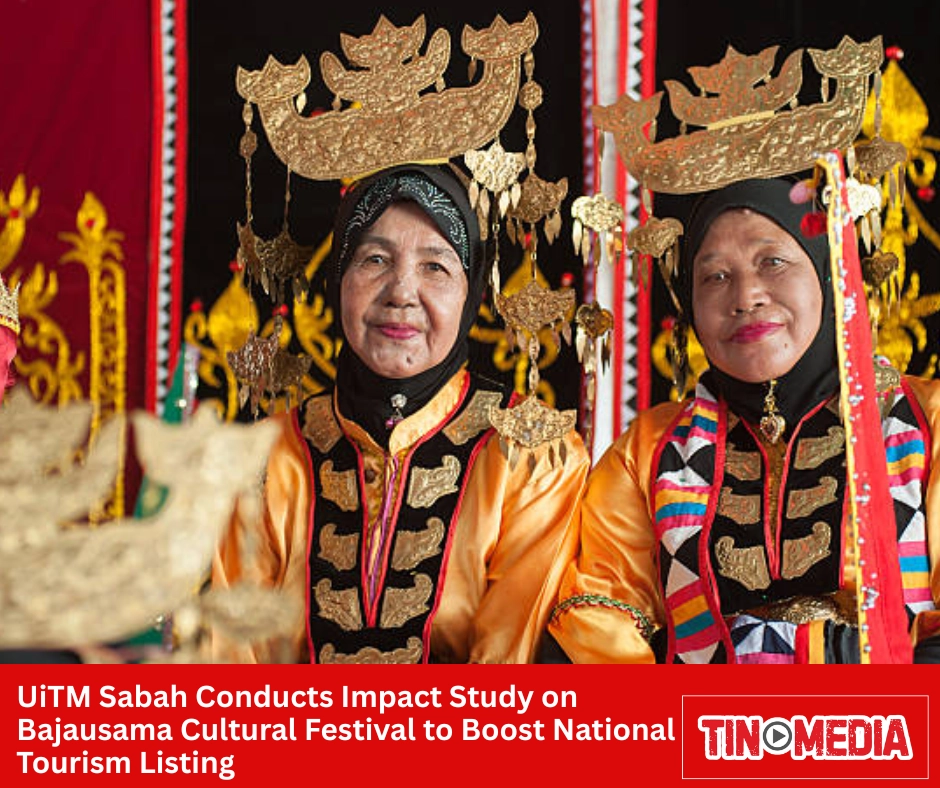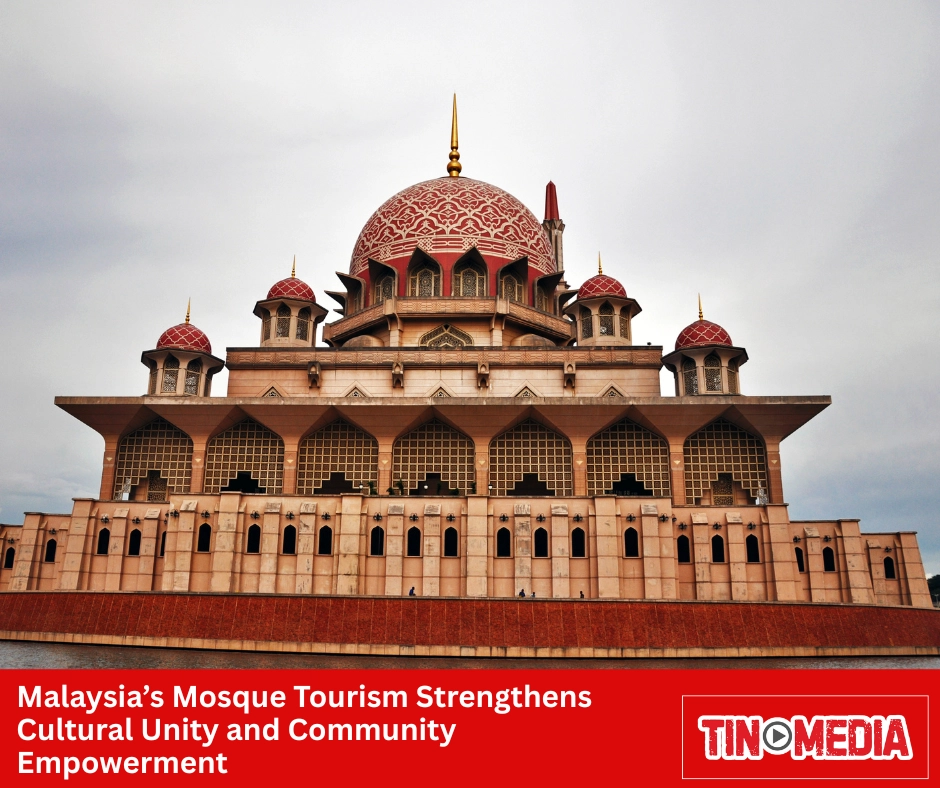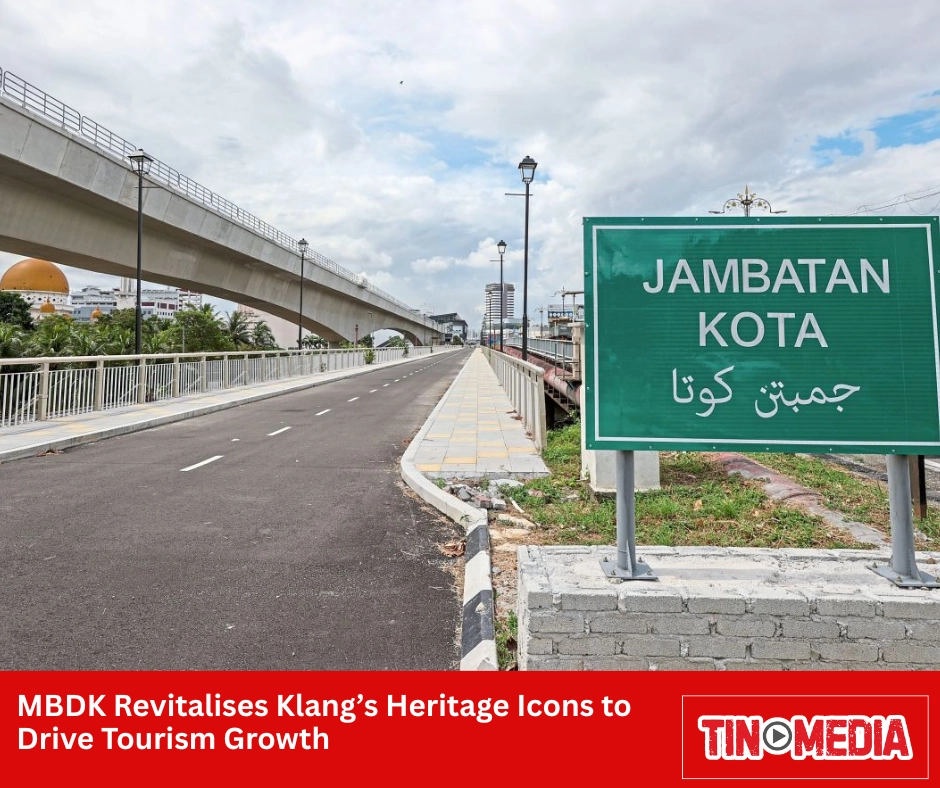The Middle East's tourism sector has recorded the strongest post-pandemic rebound in the world, despite persistent global economic headwinds, according to HSBC.
The region, home to the biggest Arab economy Saudi Arabia and the global leisure and commercial hub of the UAE, is unique in recording a “total recovery” in terms of tourist arrivals in the first quarter of 2023, the bank said in its new Jet, set, go! research report.
The number of tourist arrivals in the first three months of this year climbed 15 per cent on the levels recorded in 2019.
The scale of recovery of the tourism sector in the Middle East was significantly greater than Europe in second place, which saw the visitors’ number reaching 90 per cent of the pre-pandemic level, the report said.
Saudi Arabia, the UAE, Qatar and Turkey were among the top global tourism destinations that also recorded significant gains in tourism receipts.
“The Middle East region saw the strongest performance in terms of recovery in tourism and is the first region in the world to recover beyond pre-pandemic numbers," Maitreyi Das, an HSBC securities and capital markets economist, who wrote the report, said.
“Globally, Qatar and Saudi Arabia are the best performing destinations in terms of tourist arrivals in the first quarter of 2023.”
The development and expansion of the tourism sector is one of the main planks of the Middle Eastern nations, especially the six-member economic bloc of the GCC, that are looking to diversify their economies away from oil.
Saudi Arabia is pouring in billions of dollars to develop its tourism offering as it looks to hit a 100 million visitors a year target by 2030.
In July, the kingdom’s sovereign fund, the Public Investment Fund, set up Saudi Tourism Investment Company, or Asfar, to support the growth of the ??tourism sector.
Asfar will invest in new tourism projects and develop destinations with hospitality, attractions, retail and food and beverage offerings in cities across Saudi Arabia, the PIF said in a statement at the time.
Earlier this year, the PIF-owned AlUla Development Company launched operations with the aim of turning the city into a global tourism destination.
Saudi Entertainment Ventures (Seven), a wholly owned unit of the PIF, said in November that it plans to invest 50 billion Saudi riyals ($13.3 billion) to develop 21 integrated entertainment destinations in 14 cities in the kingdom.
The UAE, the Arab world’s second-largest economy, is also investing heavily to further expand its tourism sector.
In May, Sheikh Mohammed bin Rashid, Vice President and Ruler of Dubai, said tourist spending in the country rose 70 per cent to Dh121 billion ($33 billion) last year, the highest in the region.
“We have set a target of reaching 40 million tourists within seven years and increasing the tourism sector's contribution to our GDP [gross domestic product] to Dh450 billion,” he said at the time.
HSBC said the Middle East globally has the highest share of GDP from tourism, at 5 per cent, suggesting that “the region may reap the rewards of the ongoing recovering in the year ahead”.
“Asia Pacific is second, with over 4 per cent of the region’s GDP coming from tourism,” it added.
International tourism receipts also grew to $1 trillion last year, a 50 per cent rise from tourism revenue recorded in 2021.
By region, Europe saw the clearest recovery (87 per cent of pre-pandemic levels) compared with Africa (75 per cent), the Middle East (70 per cent) and the Americas (68 per cent).
“Due to prolonged border shutdowns, Asian destinations earned about 28 per cent of pre-pandemic revenues last year – likely to be up sharply in 2023,” HSBC said.
In terms of regional destinations, Turkey was 4th globally last year, with tourism revenue surpassing (104 per cent) its pre-pandemic receipts.
“One of the factors determining the speed at which tourism bounces back is the rate at which air traffic seat capacity has increased,” the HSBC study said.
“On perceptions, 40 per cent of the people think that tourism recovery has already been achieved in the Middle East, while 20 per cent of the people think that they will recover by 2023 end.”
- TAGS / KEYWORDS:


















.png)














